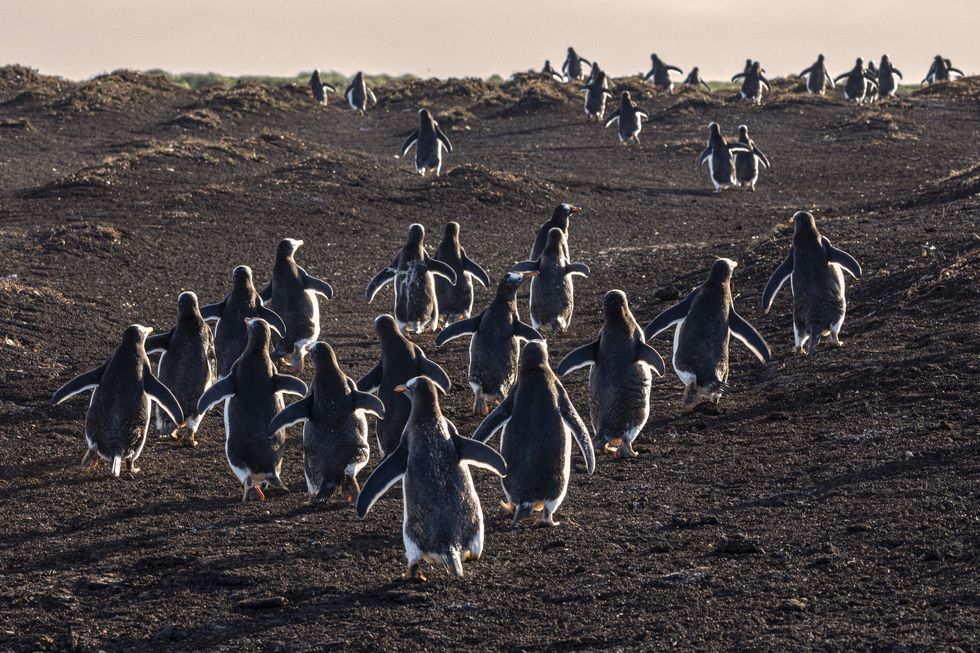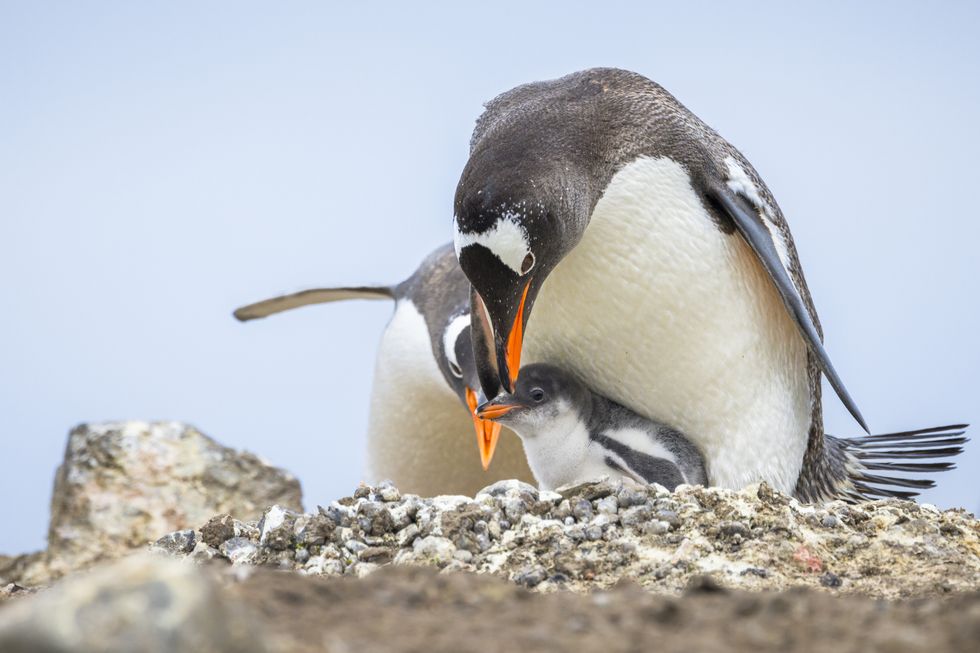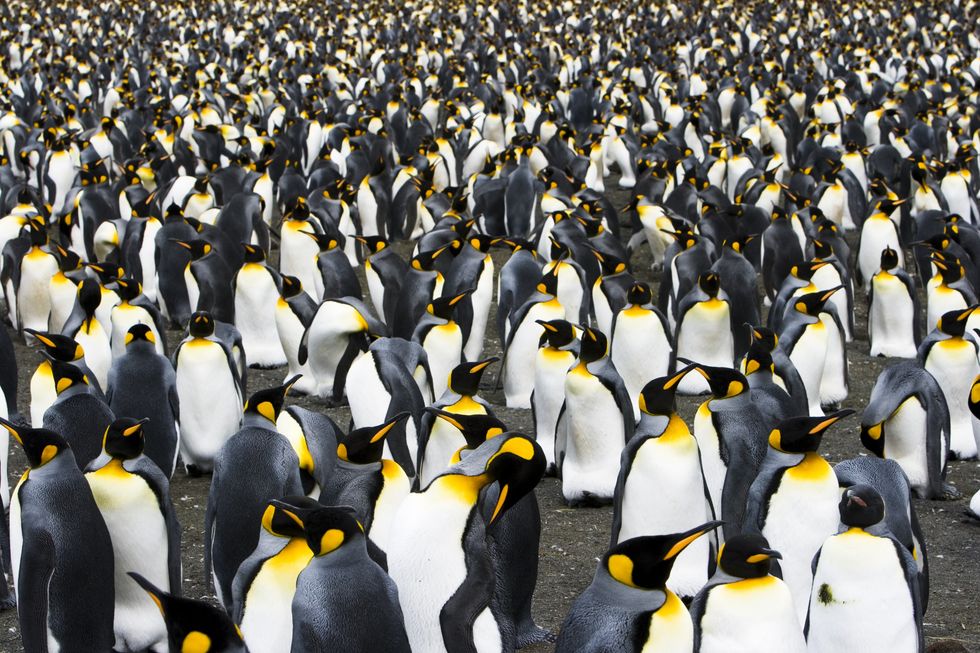INDIA'S tally of coronavirus infections climbed past 24 million on Friday (14), amid reports that the highly transmissible variant first detected in the South Asian nation was spreading across the globe.
The Indian B.1.617 variant has spread to Canada and the United States, said Jairo Mendez, an infectious diseases expert with the World Health Organization (WHO).
"These variants have a greater capacity for transmission, but so far we have not found any collateral consequences," Mendez said. "The only worry is that they spread faster."
Among the infected were travellers in Panama and Argentina who had arrived from India or Europe, while in the Caribbean, the variant was found in Aruba, Dutch St Maarten and the French department of Guadeloupe.
It has spread to the Himalayan nation of Nepal and also been detected in Britain and Singapore.
Public Health England said the total number of infections due to the variant had more than doubled in the past week, to 1,313 across Britain.
"We are anxious about it - it has been spreading," Prime minister Boris Johnson said, adding that meetings would be held to discuss measures. "We're ruling nothing out."
Singapore said it was limiting social gatherings to two people and putting a halt to dining in restaurants.
About half of the nearly 150 passengers booked to return on Australia's first repatriation flight from India were denied boarding because of positive test results, an Australian government official said.
"The human catastrophe that is unfolding in India and Nepal should be a warning to other countries in the region to invest heavily in surge capacity for an emergency response," said Yamini Mishra, of Amnesty International.
"The virus is spreading and transcending borders at a frightening speed and will continue to hit the region’s most marginalized populations hardest of all," the group's Asia-Pacific director said in a statement.
Indian health ministry data show 4,000 deaths and 343,144 infections over the last 24 hours. It was the third consecutive day of 4,000 deaths, or more, but daily infections have kept below last week's peak of 414,188.
While the tally of infections crossed 24 million, the death toll stood at 262,317, since the pandemic first struck India more than a year ago.
But a lack of testing in many places meant the official count omits many deaths and infections, prompting experts to estimate the real figures could be five to ten times higher.
The situation is particularly bad in rural areas of Uttar Pradesh, India's most populous state, home to more than 240 million.
Bodies have washed up in the Ganges, the river that flows through the state, as crematoriums are overwhelmed and wood for funeral pyres is in short supply.
Shortage of vaccines
The second wave of infections, which erupted in February, has been accompanied by a slowdown in vaccinations, although prime minister Narendra Modi threw open inoculations for all adults from May 1.
Although India is the world's largest vaccine producer, the huge demand has left it low on stocks. By Thursday (13), it had fully vaccinated just over 38.2 million people, or about 2.8 per cent of a population of about 1.35 billion, government figures show.
More than 2 billion doses of vaccine are likely to be available between August to December this year, top government adviser V.K. Paul told reporters amid criticism that the government had mishandled the vaccine plan.
Those would include 750 million doses of AstraZeneca's vaccine, as well as 550 million of Covaxin, made by domestic producer Bharat Biotech.
"We are going through a phase of finite supply," Paul said. "The entire world is going through this. It takes time to come out of this phase."
















 Penguins inhabit a wide range of environments across the Southern HemisphereiStock
Penguins inhabit a wide range of environments across the Southern HemisphereiStock Penguins have evolved to use their flippers to propel themselves through the water iStock
Penguins have evolved to use their flippers to propel themselves through the water iStock Penguins have developed remarkable adaptations to survive the extreme coldiStock
Penguins have developed remarkable adaptations to survive the extreme coldiStock One of the most striking aspects of penguin behaviouriStock
One of the most striking aspects of penguin behaviouriStock Early penguins were quite different from the flightless birds we see todayiStock
Early penguins were quite different from the flightless birds we see todayiStock

 There’s deep healing in the communityiStock
There’s deep healing in the communityiStock
